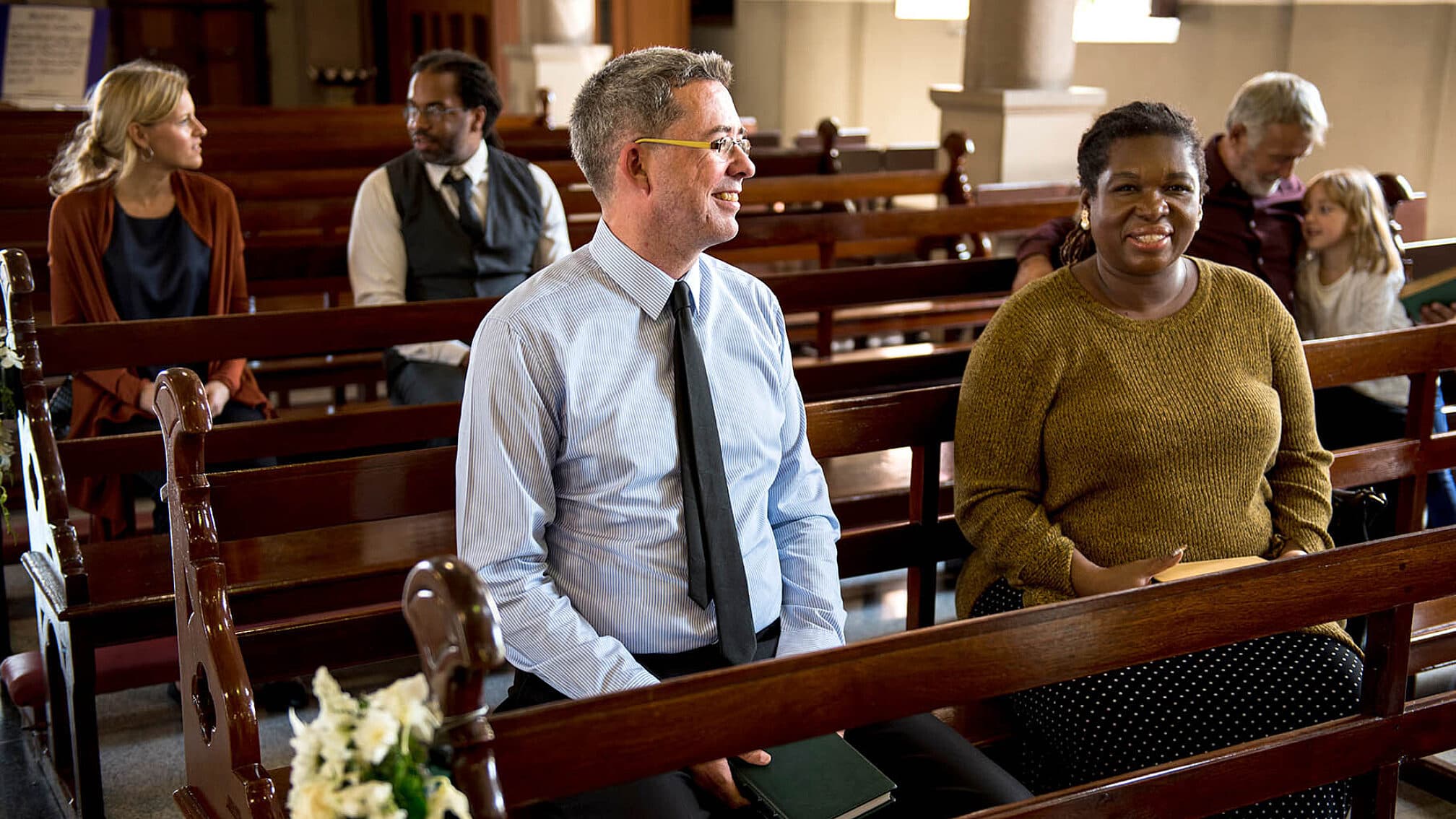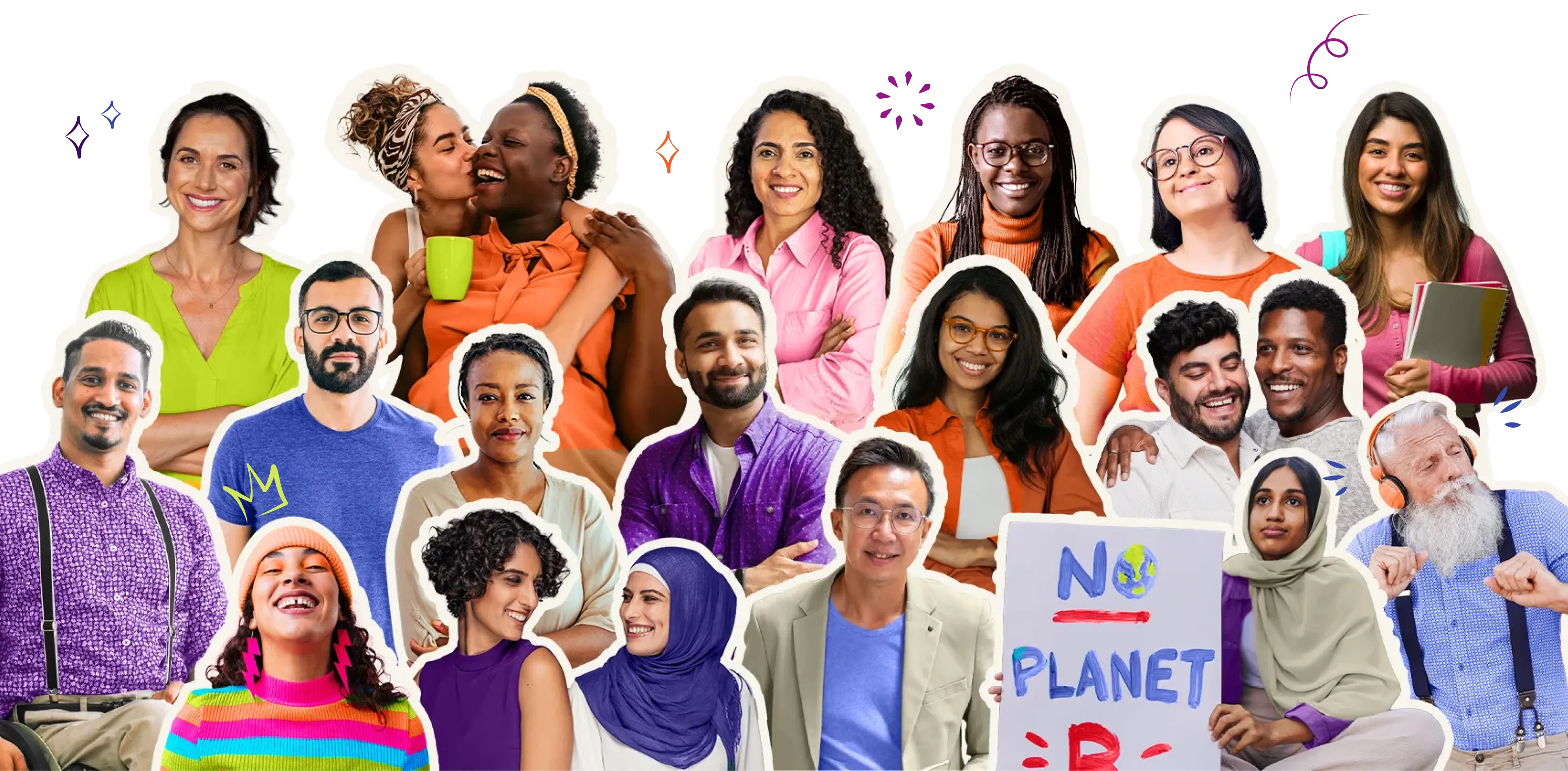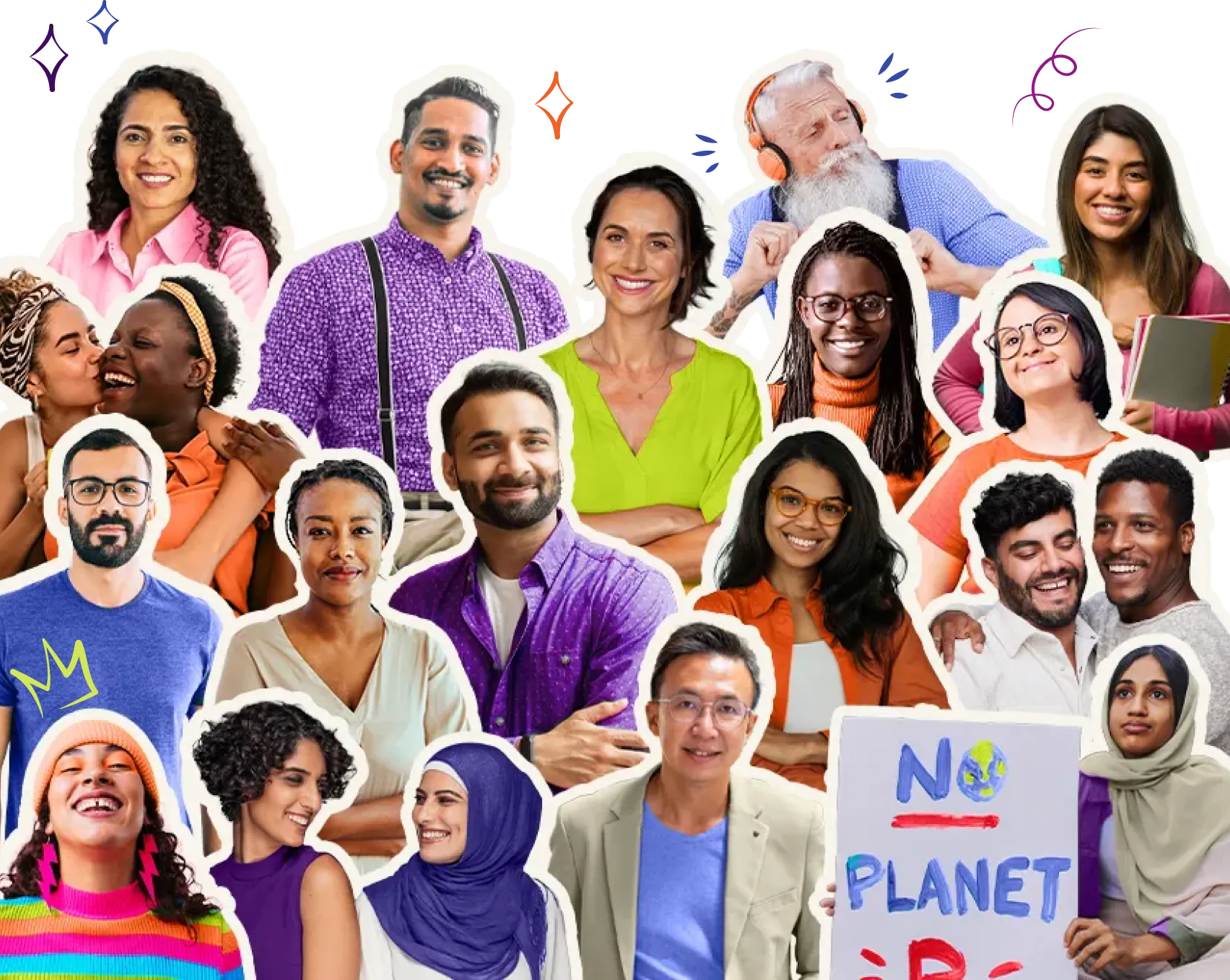Blog
Have Faith.
This time, as the Left rebuilds a movement, I'd like to strongly propose we do so with, not despite, leaders and people of faith, and the ever-growing group of unaffiliated spiritualists.

After each significant loss, particularly those that feel crushing, even existential, there's a natural coarseness that follows, as the losing side defragments, even staggers, groping to figure out how or whether to put the pieces back together.
It happens to the Right, it's happening to the Left, devastatingly at the moment.
To restore power, even stability, we face two related but distinct imperatives — we have to weaken the MAGA movement (which will absolutely survive Trump), and we have to redefine and build our own.
Our Democratic Party cannot save us; it is a trade association of incumbents and consultants who fight hard for themselves, on our behalf. But trade associations in the US are participants, not leaders of, movements. Our funders, NGOs, media ecosystem, and pundits will not save us. Individuals run organizations and efforts; they form coalitions, but movements are driven by values.
The Left's values are unclear right now — why wouldn't they be, we are an extraordinarily diverse range of interests — and into that ambiguity rides electoral loss.
Our values and goals will be clarified. Events, leaders, and mobilizations conflate together, and a movement can again become strong. The Labor movement, women's equality, the disability movement, climate change, lgbtq, and, of course, the civil rights movement. We mercifully see it over and over.
We know how to do this, and we will again.
Have Faith.
This time, as the Left rebuilds a movement, I'd like to strongly propose we do so with, not despite, leaders and people of faith, and the ever-growing group of unaffiliated spiritualists.
Except for the civil rights movement, rooted in the Church and explicitly Christian until history made it seem secular, all of our movements on the Left have subordinated people of faith, until we needed them to get over the finish line. It's a lousy way to run a movement, to me as a moral matter, but certainly as a strategic matter.
Given the extraordinary depth of faith in this nation, the degree to which people in their personal lives rely on faith to make the hard or joyous decisions, the Left's overwhelming disinterest in it [at best] has always struck me as strategic malpractice.
I'd prefer to build not around but with people of faith as a moral matter — I am a person of faith [multiple ones if you ask my friends], and I see the power of God and belief in faith and the life-changing effect on me and those around me. That's enough right there.
But I respect that many on the Left have deep animosity or fear or scorn for religion. I've been gay my whole adult life, and I see the opprobrium and hurt coming from religion. I have needed to get reproductive clinical care with my then-girlfriend. I have seen doctors and nurses prefer the suffering and pain of a dying patient over assisted dying, citing their religious views. I get the anger, quite personally.
But in all aspects of public life and politics, we deal with people who hurt us or with whom we vehemently disagree. Movements move because they are broad and include people and organizations that disagree on strategy and tactics, but share a broad set of values.
Fannie Lou Hamer did not support abortion rights — would someone today kick her out of the progressive organizing table? I would not.
As a visioning experiment, mull in your mind how completely (and beautifully) the Democratic Party and left establishment not just embraces labor unions, but without hesitation considers them at the symbiotic core of our ecosystem and work.
Imagine that same relationship with people of faith, with organized religion, or through culture with people who are spiritual but unaffiliated.
You have to imagine it, because, except for narrow engagement in the run-up to elections with African American churches, it doesn't exist.
Broadly speaking, too many on the Left hold the following conception of people of faith in their heads [or hearts]: People of deep faith who are white are either disbelieved or derided, people of faith who are Black are cabined to a very narrow manifestation of the plenary diversity that Black faith in America is, and Latinos of faith are completely opaque.
Everywhere you look on the Left — from the environmental, union, and reproductive rights movement, to the Democratic Party and all of its affiliates, the interest in religious people doesn't even make it to the back burner.
Seventy percent of Americans tell pollsters they believe in angels. Eighty percent of Americans tell pollsters they believe in miracles. Fifty-eight percent of Americans believe in the devil.
How do you not have an enormous consciousness and infrastructure to actually reach most Americans where they actually are?
I don't just have faith, I know for a fact that respectful, consistent, engaged relationships with diverse people of faith will improve public policy on the Left. We've seen the National Association of Evangelicals become supporters of climate change, we see older African American churchgoers vote Democratic despite deep concern with most of our social positions, and we see religious adults recoil at the harsh treatment of immigrants, as violative of the 23rd Psalm.
All of that happens because of an investment in engagement, organizing, listening, compromise, and belief.
Imagine what would happen if we engaged with people of faith on workplace and economic issues, on diversity, and on respect for women to make heartfelt choices.
For now, we have to imagine, because the infrastructure to do this work hasn't been fully built.
Let's build it.


